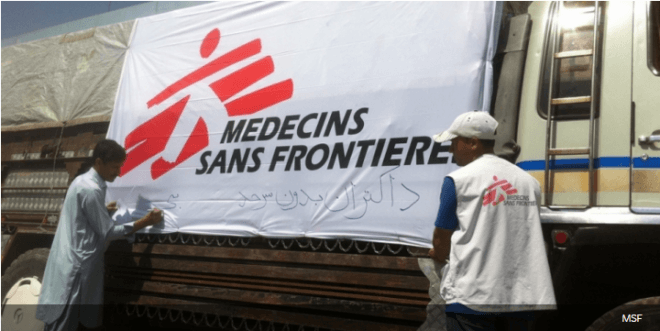
Health activists have slammed the United States' move of putting India on the priority watch list of countries for inadequate protection of intellectual property rights (IPR).
The activists have been quoted by Economic Times as saying that any change in the patent laws would affect the production of affordable medicines in the country and their access to millions of people worldwide.
The United States Trade Representative's (USTR's) "Special 301 Report" for 2016 — an annual review of IP laws of trading partners of the U.S., including India — has put 11 countries on its priority watch list.
The U.S. report released on last week attacked the Indian Patent Act (IPA). The IPA, through the application of stricter regulations, denies pharma companies patent protection for drugs or products that are about to expire.
The IPA thus makes it difficult for the multinational pharma companies to seek patents in India (evergreen patenting) for newer versions of drugs, especially when their cheaper generic versions are available.
India is the world's largest producer of generic medicines. Nearly two-thirds of the medicines supplied under various international aid programmes to developing countries come from India.
Medecins Sans Frontieres (MSF), an international medical humanitarian agency, and various health activists based in India have pledged their support to the existing Indian patent laws and slammed the U.S. report.
"India's laws and policies promote generic competition and limit abusive pharmaceutical industry practices, including patent 'evergreening', and are entirely compliant with World Trade Organisation (WTO) trade rules, " the Economic Times quoted MSF as saying in an official statement.
India's Commerce Minister Nirmala Sitharaman had earlier said the USTR report was a unilateral measure to create pressure on countries to enhance IPR protection beyond the Trade-Related Aspects of Intellectual Property Rights (TRIPS) agreement.
She said the government is committed to protect the indigenous pharmaceutical sector from pressure exerted by the foreign countries.
"Under the WTO regime, any dispute between two countries needs to be referred to the Dispute Settlement Body of the WTO and unilateral actions are not tenable under this regime. 'Special 301,' which is an extra-territorial application of the domestic law of a country, is inconsistent with the established norms of the WTO," the ET report quoted the minister as saying.
Meanwhile, Indian Pharmaceuticals Alliance (IPA) Director-General DG Shah told ET that India's current patent laws are fully TRIPS-compliant and follow the middle path in the grant of monopoly patent rights and public health imperatives.









